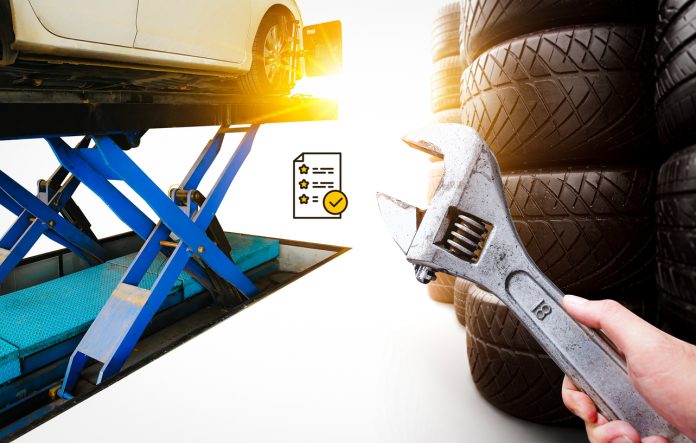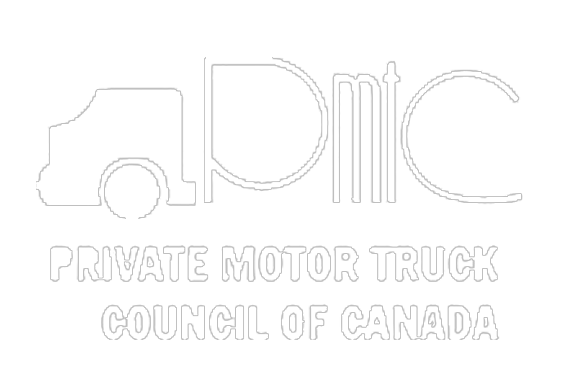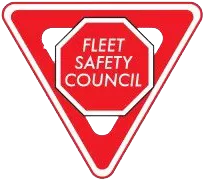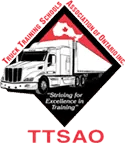Optimizing Safety and Profitability: The Crucial Role of Vehicle Maintenance in Canadian Trucking Companies
In the dynamic landscape of the trucking industry in Canada, where long-haul routes and diverse terrains present constant challenges, vehicle maintenance stands as the bedrock of success for any trucking business. Beyond the apparent need to keep fleets on the road, a robust maintenance strategy significantly impacts safety and profitability, forming the cornerstone for sustainable operations.
Ensuring Safety on Canadian Roads
- Compliance with Regulations: In Canada, adherence to stringent safety regulations is not just a legal obligation but a moral imperative. Regular vehicle maintenance ensures that trucks comply with national and provincial regulations, promoting safer roads for all. Failure to comply can result in hefty fines, legal complications, and, more importantly, jeopardize the safety of drivers and other road users.
- Preventing Breakdowns: Unplanned breakdowns not only disrupt delivery schedules but also pose serious safety risks. Regular maintenance, including thorough inspections of crucial components like brakes, tires, and steering systems, minimizes the chances of unexpected failures on the road, contributing to a safer transportation environment.
- Driver Well-being: A well-maintained truck is not just a reflection of the company’s commitment to safety but also a driver’s workplace. Comfortable and safe vehicles contribute to driver satisfaction, reducing stress and fatigue, and ultimately enhancing their focus on the road. A content and healthy driver is an asset to any trucking company, boosting overall safety standards.
Driving Profitability Through Vehicle Maintenance
- Fuel Efficiency: In the competitive trucking market of Canada, where fuel costs form a substantial part of operational expenses, maintaining vehicles for optimal fuel efficiency is paramount. Regular engine tune-ups, proper tire inflation, and efficient aerodynamics all contribute to lowering fuel consumption, directly impacting the bottom line.
- Extended Vehicle Lifespan: Investing in proactive maintenance measures pays dividends in the long run by extending the lifespan of the fleet. Replacement costs for trucks are substantial, and a well-maintained vehicle can delay these capital expenditures, providing a significant financial advantage to the business.
- Reputation and Customer Satisfaction: Reliability and timely deliveries are the hallmarks of a successful trucking business. Consistently well-maintained trucks are more likely to adhere to schedules, fostering customer trust and satisfaction. Satisfied customers are not just repeat clients but also valuable advocates who can attract new business through positive word-of-mouth.
Best Practices and Legal Considerations in Canada
- Regular Inspections: By Canadian regulations, regular inspections, including the National Safety Code (NSC) inspection, are mandatory. These inspections cover various components, ensuring that vehicles meet safety standards. Adhering to these inspection schedules is not just a legal requirement but a proactive step toward maintaining a safe and profitable fleet.
- Electronic Logging Devices (ELDs): Canada has implemented ELD regulations to enhance compliance with Hours of Service (HOS) rules. Properly maintaining and updating ELDs not only ensures legal compliance but also assists in optimizing driver schedules, reducing the risk of fatigue-related incidents.
- Training and Education: Keeping up with the latest in vehicle technology and maintenance practices is crucial. Regularly training maintenance staff and drivers on the best practices and innovations in the industry not only ensures compliance but also fosters a culture of continuous improvement within the company.
In conclusion, a meticulous focus on vehicle maintenance in Canadian trucking companies is not just a necessity; it is a strategic imperative. By prioritizing safety and profitability through regular inspections, adherence to regulations, and proactive maintenance measures, businesses can navigate the challenging terrains of the industry with confidence. A commitment to vehicle maintenance is not just an investment in trucks; it is an investment in the future success and sustainability of the entire enterprise.

